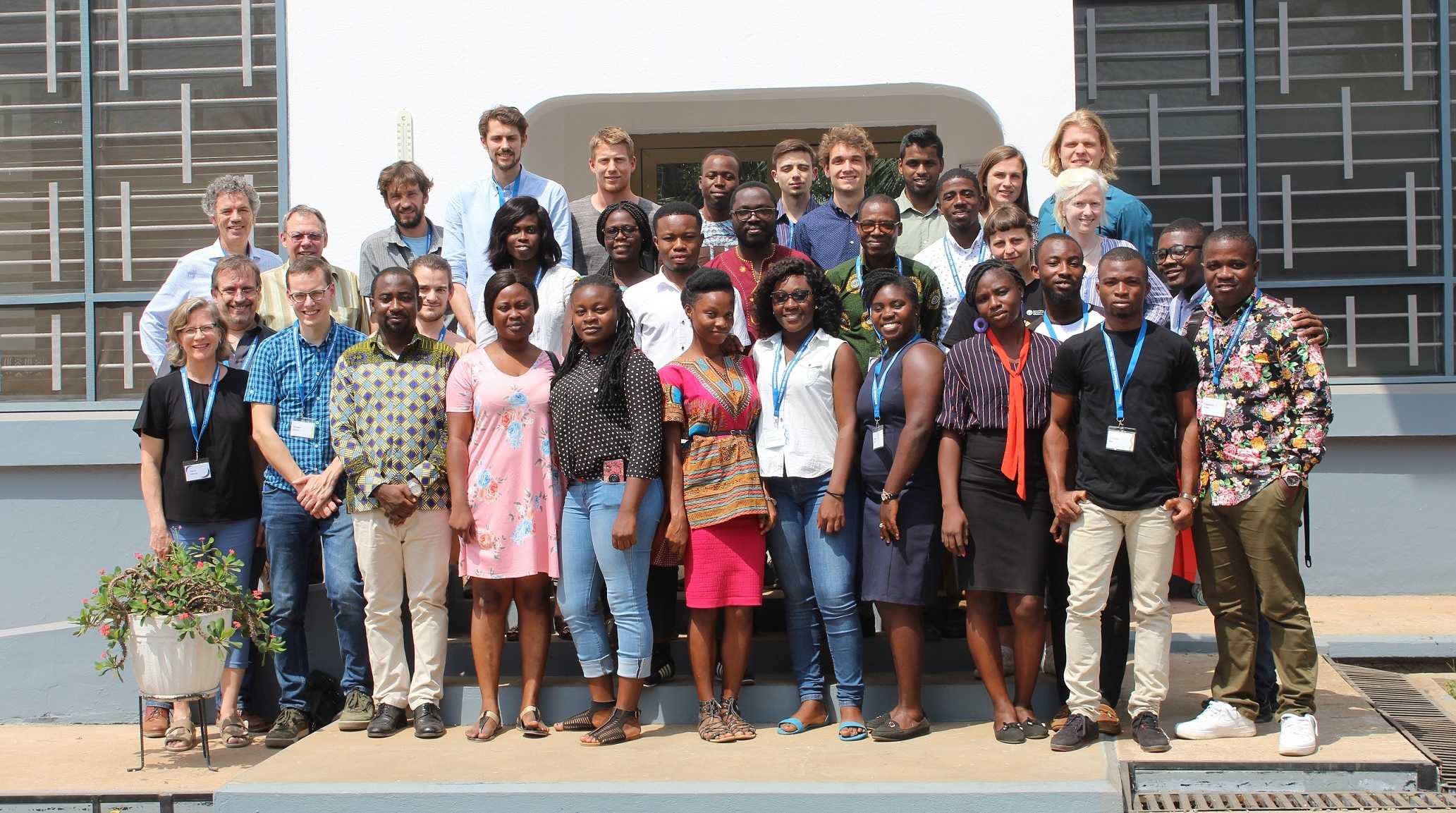Network for Water and Life
SAS4SD research activities are being implement through the swissuniversities' funded “Network for Water and Life” (NEWAL) in West Africa. NEWAL consists of education and research partners in Cote d’Ivoire and Ghana and ten partners of higher education in Switzerland, and provides new opportunities for cooperation. Further details at external page www.newal.ch.
Why Water?
Water-related ecosystems are essential to life and have provided natural sites for human settlements, bringing benefits such as transportation, natural purification, irrigation, flood protection, and habitats for biodiversity. Transitioning towards more sustainable and resilient societies requires an integrated approach that recognizes that current challenges and their solutions are interrelated.
Access to freshwater in sufficient quantity and quality (SDG 6) is a prerequisite to achieving SDGs that pertain to health (SDG 3), food security (SDG2), energy (SDG 7), and poverty reduction (SDG 1). Overuse is contributing to the rapid depletion of water resources, leading to insecurity and potential conflict (SDG 16). Climate change (SDG 13) is affecting water resources in many already water-stressed areas.
The critical importance of water for life therefore requires a multi-disciplinary research approach that connects all these SDGs and develops a common understanding of how current and future challenges can be met.
Research Activities in 2020
The goal of NEWAL's 2020 research activities was to bring together Bachelor and Master students from various disciplines, universities, and countries to focus on the overarching topic of “Water and Life.” The students worked across disciplines and conducted research that could feed into practical contributions towards a more sustainable ecosystem, with a special focus on water and livelihoods. Key milestones:
1. Winter School, KNUST Kumasi Ghana (February 3-7, 2020): A week of field trips, meetings with stakeholders, theoretical inputs from Swiss and Ghanaian lecturers, and case study work in groups of 5-6 students. The winter school was attended by 22 university students from Switzerland, Ghana, Ivory Coast, Liberia, and Burkina Faso. For impressions and further information see external page here.
3. Research Phase (February-August, 2020): Students spent 2-6 months doing research and data collection. Initially Swiss students had planned to conduct field activities in West Africa during this time but unfortunately due to the global COVID-19 pandemic, travel was not possible. Instead the students identified research topics for which they could collect data remotely.
4. Summer School, Switzerland (September 2020): The 22 students who participated in the Winter School were to meet again to present and discuss the results of their research and to visit field sites in Switzerland. Due to COVID-19, this activity had to be held as an online workshop. For impressions and further information see external page here.
